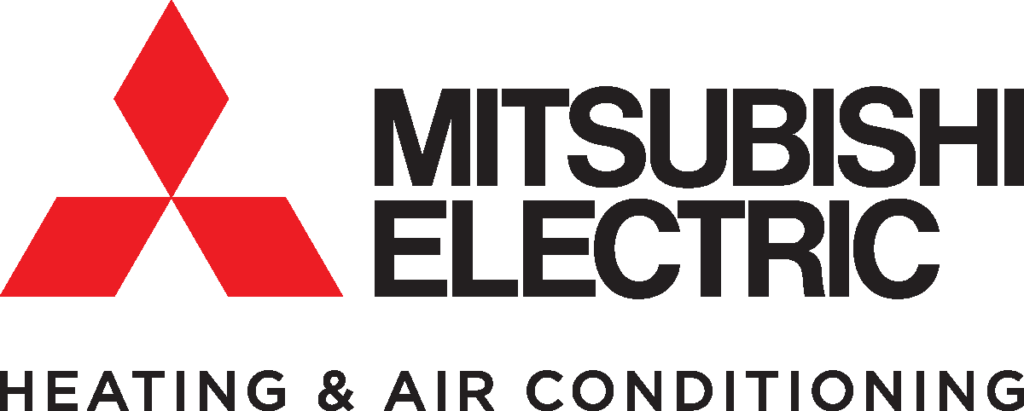Older homes possess unique charm and character, but they often come with a hidden challenge: poor indoor air quality. Due to their age, these buildings may have degraded building materials, compromised insulation, and outdated HVAC systems, all of which can contribute to a less-than-ideal indoor environment. It is crucial for homeowners of older properties to proactively address indoor air quality concerns to ensure a healthier and more comfortable living space.
Common Indoor Air Quality Issues in Older Homes
To effectively address indoor air quality concerns in older homes, it’s important to understand the unique set of challenges these properties may pose. Some common issues affecting older buildings include:
- Outdated or Inefficient HVAC Systems: Older heating and cooling systems may struggle to maintain proper indoor air quality and temperature control, leading to uneven air circulation and higher levels of airborne contaminants.
- Degraded Building Materials: Over time, materials such as insulation, paint, and sealants can degrade, contributing to increased dust, allergens, and off-gassing of volatile organic compounds (VOCs) within the home.
- Poor Ventilation: Older homes often have inadequate ventilation systems, which may allow moisture, allergens, and other pollutants to accumulate and negatively impact indoor air quality.
- Moisture Issues: Dated construction materials and compromised moisture barriers can contribute to problems like mold growth, which not only have an adverse effect on air quality but can also lead to structural damage over time.
Effective Strategies for Addressing Indoor Air Quality in Older Homes
With an understanding of the unique challenges that older homes pose, homeowners can adopt targeted strategies to mitigate indoor air quality issues. Some effective solutions to consider include:
- Upgrade or Maintain the HVAC System: Ensuring that your older home’s heating and cooling system is properly maintained, or upgrading to a more modern and efficient system, can have a significant impact on indoor air quality. Regular maintenance and filter replacements can help to keep this essential system running at peak performance.
- Seal and Insulate the Home: Addressing any gaps or weak spots in insulation, windows, and doors can help to reduce drafts and improve overall energy efficiency, which, in turn, can contribute to better indoor air quality by minimizing the infiltration of outdoor pollutants.
- Improve Ventilation: Encourage air circulation and exchange by incorporating proper ventilation solutions such as exhaust fans, air vents, and energy recovery ventilators. These upgrades can help to expel stale, polluted air, and draw in fresh, clean air, creating a healthier indoor environment.
Advanced Indoor Air Quality Solutions for Older Homes
In addition to general strategies for improving indoor air quality, older homes can benefit from the latest in air quality technology. Our professionals offer a range of advanced solutions tailored to your home’s specific needs:
- Whole Home Air Cleaners and Air Purification Systems: These technologies work in conjunction with your HVAC system to capture and eliminate airborne pollutants, helping to reduce allergens, dust, and other contaminants in the air.
- UV Light Installations: UV lights provide an effective means of neutralizing harmful microbes such as mold and bacteria within your HVAC system, subsequently enhancing overall indoor air quality.
- Humidity Management Devices: By installing whole home humidifiers and dehumidifiers to work seamlessly with your HVAC system, our professionals can help you maintain optimal indoor humidity levels, preventing the growth of mold and other allergens and promoting a more comfortable living environment.
When to Seek Professional Help for Indoor Air Quality Issues
While some indoor air quality concerns can be addressed through general home maintenance, others may require the expertise of professionals. When evaluating your home’s air quality, consider seeking expert assistance if you:
- Experience Persistent Health Symptoms: If members of your household suffer from unexplained respiratory symptoms, allergies, or other health issues, it could signal the presence of underlying indoor air quality problems that require professional attention.
- Are Unsure of Your Home’s Unique Challenges: Our experienced technicians can help assess your older home and pinpoint specific air quality concerns, providing tailored recommendations on how to address them most effectively.
- Require Installation or Maintenance of Indoor Air Quality Devices: Trust our expert technicians to install and maintain indoor air quality solutions such as air cleaners, purification systems, UV lights, and humidity control devices, ensuring optimal performance and longevity.
Conclusion
Addressing indoor air quality concerns in older homes is essential for creating a healthier and more comfortable living environment. By assessing your home’s unique challenges and adopting targeted strategies, you can successfully mitigate air quality issues and preserve the inherent charm and character of your older home.
Our professionals at Speer Air Inc are well-equipped to assist you in identifying and implementing the most effective solutions for your home’s specific needs. Contact us today to learn more about our expert HVAC services in Rockaway.









